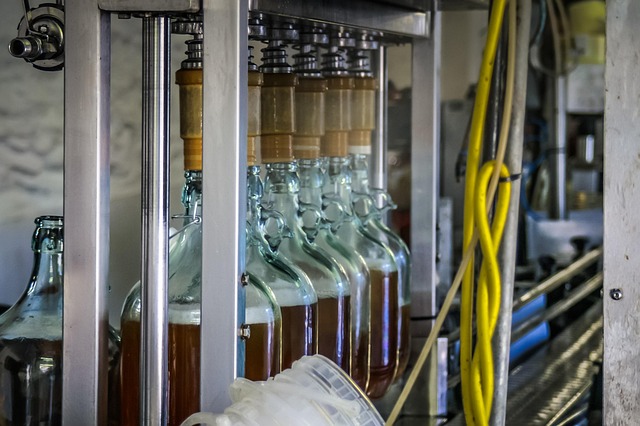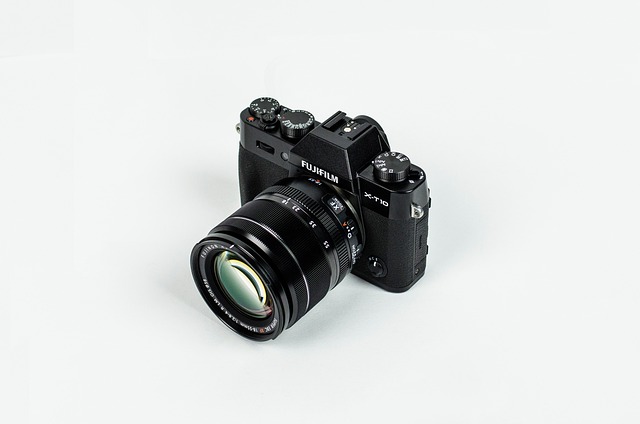The Future of Manufacturing: Integrating Robotics, AI, and Automation in Business Processes
The rapid evolution of technology has paved the way for unprecedented changes in various industries, and none more so than in manufacturing. The automation of manufacturing processes has transformed the landscape, enabling businesses to achieve greater efficiency, precision, and adaptability. As we step into a future brimming with potential, let’s explore how robotics and artificial intelligence (AI) are revolutionizing this domain.
Robotics: The Backbone of Modern Manufacturing
Robots are no longer mere machines performing repetitive tasks; they have evolved into sophisticated entities capable of nuanced operations. From assembly lines to quality control, robotics plays a pivotal role in enhancing productivity while minimizing human error. Industries are increasingly adopting collaborative robots, or cobots, which work alongside human operators, combining the best of human intelligence with machine precision.
Imagine a scenario where complex tasks are executed flawlessly by robots while human workers focus on oversight and strategic decision-making. This harmonious integration not only streamlines operations but also fosters a safer work environment, allowing employees to engage in more meaningful and creative tasks.
The Role of AI in Automation
Artificial intelligence enhances the automation of manufacturing processes by bringing an intelligent layer to operations. AI-powered systems can analyze vast datasets to identify inefficiencies and predict maintenance needs, preventing costly downtimes. Machine learning algorithms enable these systems to evolve continuously, learning from past performances and optimizing processes over time.
Moreover, AI facilitates customization in manufacturing. With the ability to process real-time data and consumer preferences, businesses can tailor their products, ensuring they meet market demands swiftly and competitively. This agility is crucial in a world where consumer preferences change at lightning speed.
Streamlining Business Processes through Automation
The automation of manufacturing processes extends beyond robotics and AI. It encompasses the integration of various technologies such as the Internet of Things (IoT) and cloud computing, which link machinery and facilitate seamless communication across platforms. This interconnectedness creates a smart manufacturing ecosystem where data flows freely, empowering companies to make informed decisions.
As businesses adopt automation, they experience a metamorphosis, transcending traditional operational boundaries. Enhanced supply chain management, improved inventory control, and optimized resource allocation become routine, allowing for significant reductions in costs and lead times. Furthermore, this increased efficiency translates into the ability to sustain competitive advantage in a crowded marketplace.
A Collaborative Future
The journey towards fully automated manufacturing processes does not mean a loss of human jobs; instead, it heralds a new era of collaboration. As automation takes over mundane tasks, the workforce can transition into more strategic roles that require creativity, critical thinking, and emotional intelligence. Upskilling and reskilling initiatives will play a crucial role in this transition, as individuals learn to harness the power of technology to drive innovation.
The integration of robotics, AI, and automation is not just a trend; it is a fundamental shift in how businesses operate. By embracing these technologies, manufacturers are not only enhancing productivity but also reshaping the future of their industries. The automation of manufacturing processes is a gateway to efficiency, growth, and an exciting evolution in how we create and deliver value.




